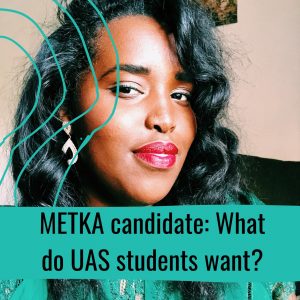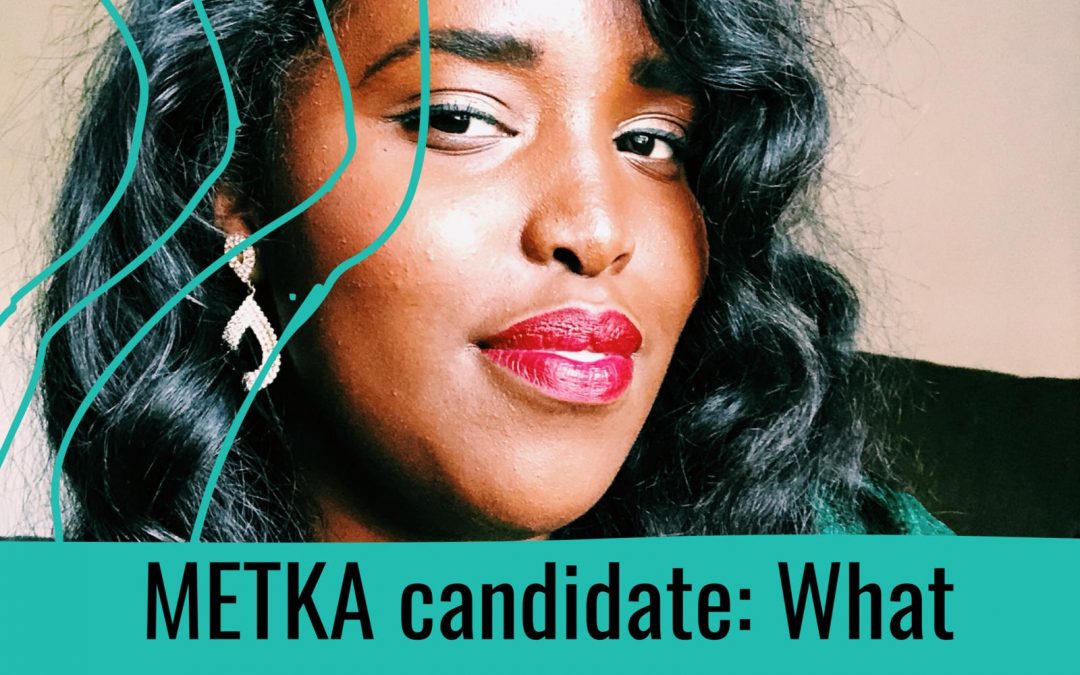Undergraduate students are a diverse group of different people in different life situations. I think it is wrong to assume that all undergraduate students want the same thing in both student unions, studies and finnish society. However, the statutory task of the student union is to act as a liaison between its members and to promote, for example, social benefits. Polytechnic education includes many well-known and large trainings such as engineers, business and nurses, but also includes smaller and lesser-known ones such as a clothing historian and a humanities sign language interpreter. There are a total of 24 University of Applied Sciences in Finland, at least one in each province.
The scope of the degrees is 3.5–4 years. The degrees are built to meet the needs of working life, and the practical approach is reflected, among other things, in the internship that is included in all degrees. Midwifery students study in Metropolia for the longest time, deepening their skills for about 4.5 years.
According to the University of Applied Sciences’ Values and Attitudes survey, polytechnic students are also a diverse group in terms of age. The youngest are those under the age of 20 who have come directly from secondary education, and the oldest are further educators or changers over the age of 50. Such a range includes a myriad of life experiences and pathways that give their own spice to student diversity. The diversity of life experiences is reflected in basic education, which is more varied for polytechnic students than for university students. Basic education affects what is applied for in studies as well as experiences of studying. For example, could childcare be provided on campuses? I personally believe that it would help to reconcile the study and everyday life of students with families. Could day care be produced with a study approach? I think social scientists or community educators specializing in early childhood education could coordinate their own kindergarten on campus. The spectrum and age structure of basic education show that polytechnics are an important channel for lifelong learning.
So what does such a diverse group of different polytechnic students want? The first thing to note is that undergraduate students are active respondents in their research.
To vote or not? survey, 569 respondents were students at Metropolia University of Applied Sciences. This is almost half more than the second most answered students of the University of Applied Sciences of South-East Finland. For me, the activity of answering means that UAS students are happy to tell themselves what they want. That is why it is important to get UAS’s students to be active nationwide in answering various research questions.
In the Student City 2019 survey, students were asked to choose the type of housing that best suited their current life situation. The single most popular answer (35%) is a 600 euro one bedroom apartment. 42 percent of students chose the studio. On the other hand, there is a distribution of studio size and price: 7 per cent chose less than 20 square meters (350e / month) as the most suitable apartment, while slightly more expensive 20-27 square meters or more than 27 square meters received 18 and 15 per cent of the vote. 12 percent reported a triangle and 6 percent a square as the most appropriate type of housing for their life situation. 7% of respondents feel that shared housing would be the most suitable type of housing for them.
The importance of research is huge, because only in this way can we find out what bachelor students want.
METKA recently produced the METKA 2020: What kind of student body do Metropolia students want?- survey was conducted from 30 October to 13 December 2019 using an E-form. It was open to all Metropolia students. The form contained both open-ended questions and arguments to be assessed on a scale of 1-5. The questions concerned METKA’s outward-looking activities concerning students and members. The aim was to get a clear view of what is thought of METKA and how METKA could improve and develop its operations and communication. I consider it important that student unions actively receive information on the basis of which they strengthen the student community and renew their activities.
This text was written by Nimo Samatar, who is a candidate for the Board of SAMOK in 2021. The members of the Board will be elected at the General Meeting on October 29-30, 2020. More about Nimos campaign, thoughts and supporters can be found here. SAMOK represents all Finnish student unions and monitors the interests of students at the national level by taking a position on educational policy, social policy and international issues. In 2021, SAMOK will celebrate its 25th anniversary as Finland’s only nationwide socialist for bachelor students.
Contact information
 Nimo Samatar
Nimo Samatar
Vice Chairperson of the Board of Directors
Advocacy
nimo.samatar@metkaweb.fi
The campaign manager is Essi Lumme, Chairperson of the Board of METKA – essi.lumme@metkaweb.fi – she can also be reached by phone – tel. +358 50 382 1024
This post is also available in Suomi.

